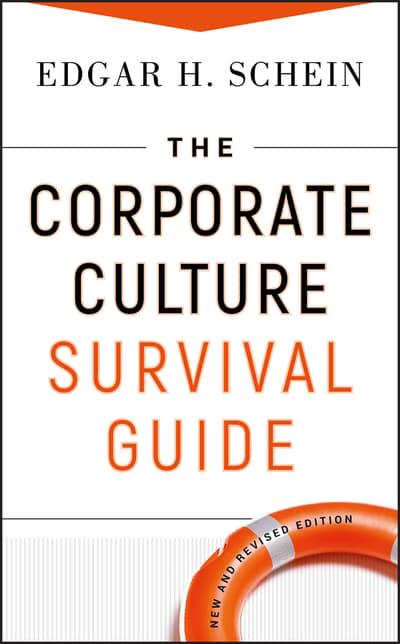Reflection of Culture
How Relationships, Rank, and Authority Are Defined
Organizations differ in the assumptions they make about authority relationships and the degree of intimacy that is considered appropriate among members. Some organizations are aggressively egalitarian and minimize the psychological distance between bosses and subordinates. A hierarchy may exist, but subordinates are encouraged to use first names with their bosses, go around levels when it seems appropriate, and do the right thing even if it means insubordination (as was the case in DEC). In other organizations, the hierarchy is formally observed, relationships across levels are very formal, and it is inconceivable to go around levels or challenge the boss (as was the case in Ciba-Geigy). Both companies thought of themselves as “families,” but for the former the family was a bunch of rebellious adolescents challenging their parents all the time, while for the latter the family was a set of “good” children who always did what their authoritarian parents told them to do.
Closely connected to authority relationships are assumptions about how open and personal relationships should be in the organization. In some organizations, employees are expected to be open about everything—even their feelings toward their bosses and each other. Such organizations are the exception. More common are norms that define clear boundaries about what can and cannot be talked about at work, and what can and cannot be said to the boss or to a subordinate. In some organizations, the assumption is that one leaves one’s personal and family life at the door when entering the workplace. I know of a case where an employee’s wife committed suicide, yet the employee continued to come to work as if nothing had happened. Others in the organization did not discover his tragedy for six months.
In DEC, people socialized with each other a good deal, especially because of the pattern of two-day off-site “woods meetings” where the work group would be together around the clock. In Ciba-Geigy, certain families got together for dinners, and at the annual meetings there would be one afternoon and evening planned for deliberately letting hair down by having the whole group engage in some novel sport that brought everyone down to the same level of incompetence, followed by an informal dinner. In Silicon Valley, many companies use social events such as parties, ski trips, weekends in San Francisco, and the like as rewards for their employees. In some instances, only the employee team is invited, while in others the spouses are included as well.
The point again is that each organization develops its own cultural assumptions about the degree to which employees are expected to become close to each other. I was told that at Apple people get very close on project teams, but that once the project is finished the friendships don’t last. At HP, on the other hand, once friendships are formed they last, even if someone leaves the company.
